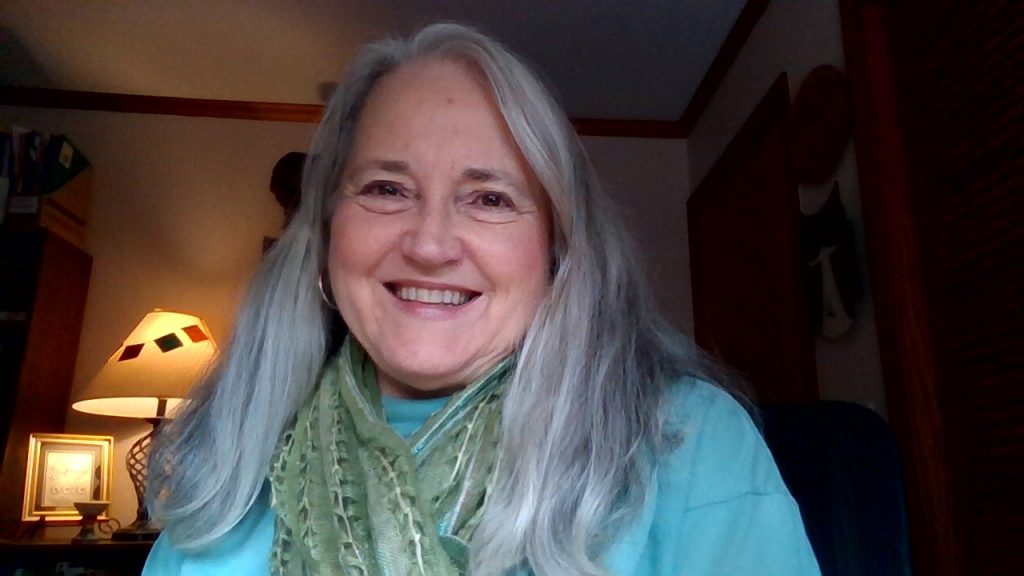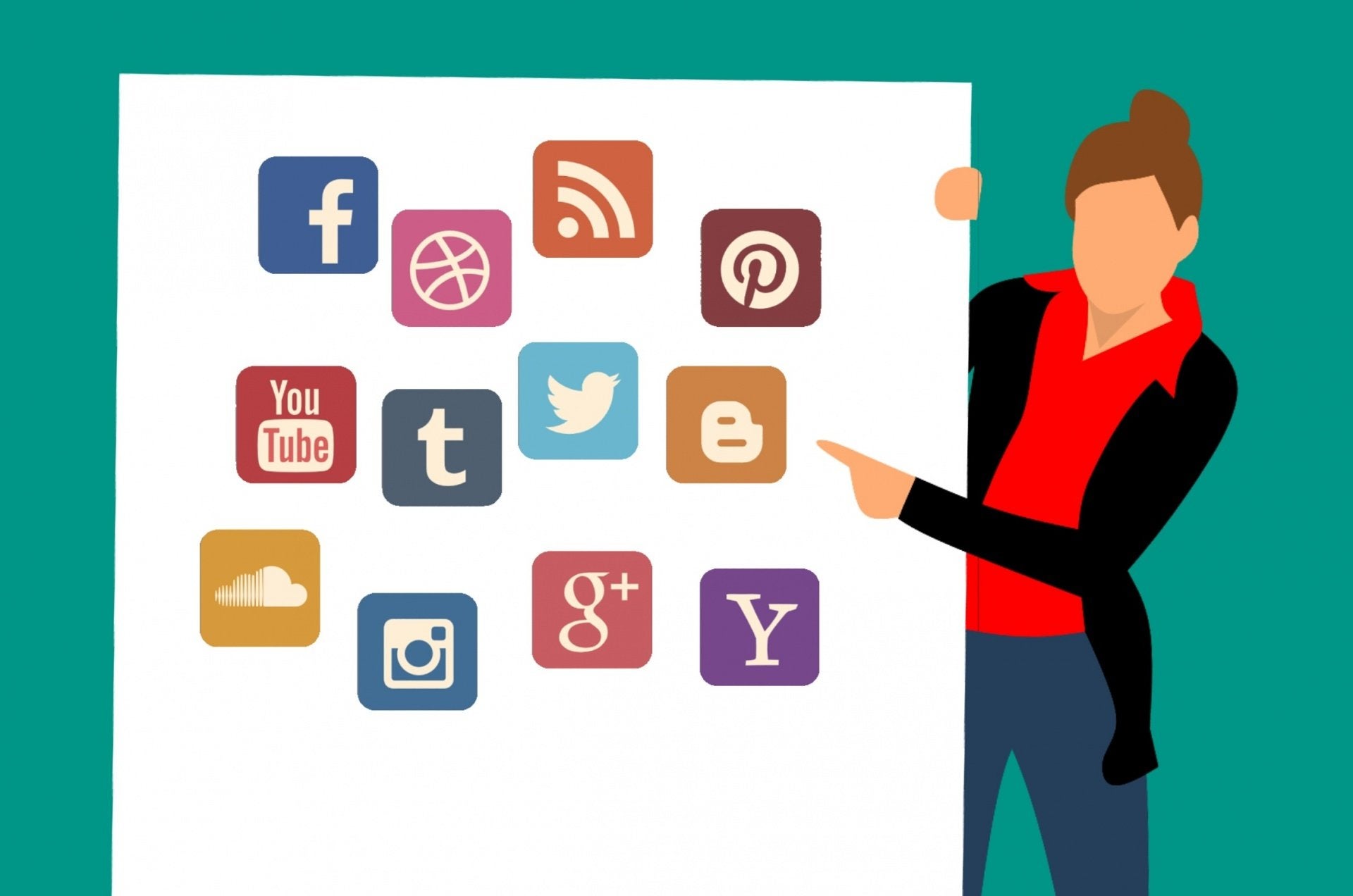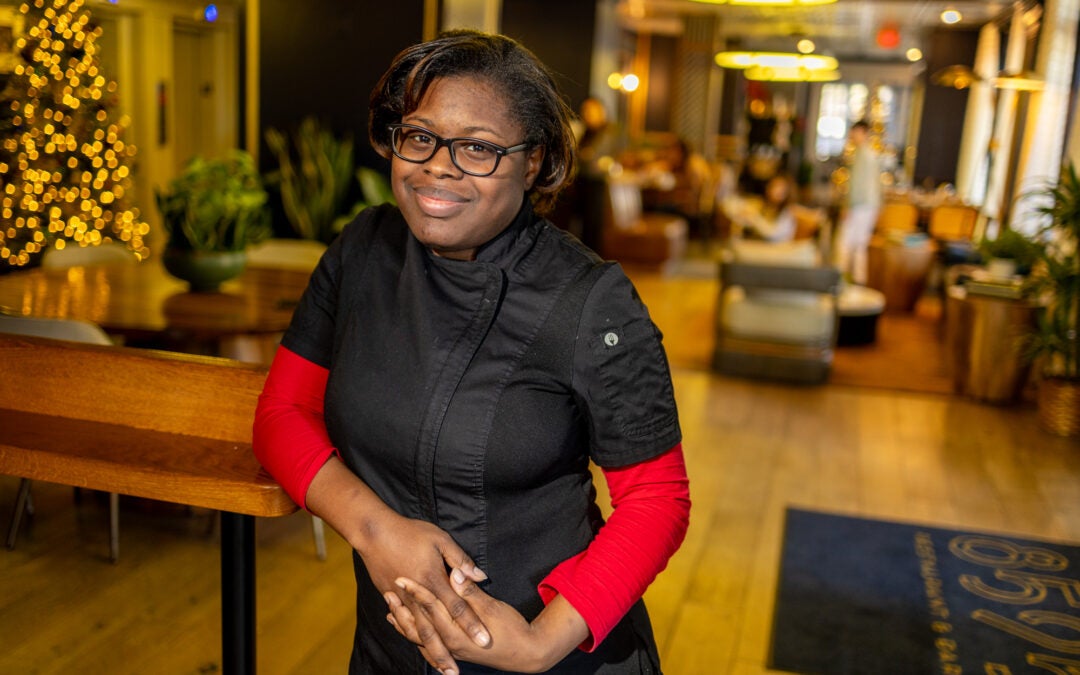It is my hope and belief that the progressive religious tradition to which I belong nurtures a person’s soul and sense of being, and that it beckons them also to live in loving community. Over the past pandemic year, that has been a challenge as many of us have turned to ‘virtual’ church.
Today, I would like to reflect on the electronic media culture with which we surround ourselves, and what it means through the lens of one principle that Unitarian Universalists try to embody through our lives: that we affirm the inherent worth and dignity of every person.

In our ever-expanding digital lives, are we empowering ourselves, by the use of electronic media, to fulfill this principle, or are we being distracted by something that takes away both our individuality and our connection with other human beings and, indeed, with life itself?
I first became interested in examining our digital life ten years ago when I read “Alone Together,” written by Sherry Turkle. The book’s subtitle is telling: “Why We Expect More from Technology and Less from Each Other.” Turkle is a professor at MIT, an author and media scholar and a clinical psychologist.
Technology gives us tremendous opportunities in terms of transforming ourselves as human beings, Turkle claims, but it comes with a cost: “Technology promises to let us do anything from anywhere with anyone. But it also drains us as we try to do everything everywhere. We begin to feel overwhelmed and depleted by the lives technology makes possible. We may be free to work from anywhere, but we are also prone to being lonely everywhere… relentless connection leads to a new solitude. We turn to technology to fill the void, but as technology ramps up, our emotional lives ramp down.” (cover)
In the ten years since Turkel wrote these words, so much has become obvious in proving her claim. How often have you been out to eat, and at the next table there is a family or a group of friends, all gathered around the same table – but each of them engrossed, not in conversation with each other, but in using their hand-held electronic devices? We were at a restaurant where, next to us, a young girl was drawing a picture with crayons sitting next to her mom, and the girl kept saying, “Look Daddy, Look at this.” But across the table, Daddy was texting or surfing the web on his cellphone; occasionally, he would look up and nod and smile and then go back to his phone. How often are we guilty of ignoring or superficially listening to someone when we are trying to read a text message or send an email? I know I am.
[adrotate banner=”30″]
So, when we reflect on the way we use electronic media, I would suggest that we think about the values that form the basis of our behavior. Unitarian Universalists created a set of principles in 1985 based on the purposes of the American Unitarian Association that were adopted when the Unitarians and Universalists merged in 1961. They are important because although we do not confess a creed, as a covenantal community we depend upon these principles to give us a sense of what is a core of shared beliefs among us.
Retired Unitarian Universalist minister The Rev. Beverley Boke gives us some questions to ask when we consider our principles. In reference to the principle, “I affirm and promote the inherent worth and dignity of every person,” she prompts us to ask:“Is there any person whom I have disrespected? Does someone need to hear from me today? Am I in right relation to all people?”
When we examine our digital lives, in terms of how we use electronic media, and specifically social media, these questions have great resonance. And the first of Rev. Boke’s questions could especially apply to our own personhood, and to understanding how we disrespect ourselves.
Respecting Worth and Dignity
Here’s an example of how our personal identity – how we perceive who we are – can be compromised and disrespected by the way we develop an online persona.
How many of you are on Facebook?
When you set up a Facebook account, you can create your own profile, with personal information, likes and dislikes. Some people just have the minimum on their Facebook profile and interact only when they feel like it; this, however, seems to be a distinctly minority behavior. Many people feel pressured to make public much more about themselves, which then represents them in simplified ways. Paradoxically, we become pigeonholed into categories when we give more details about ourselves. Has Facebook reduced us to a list of our favorite things?
Boiling down your identity – that complex picture of who you are, with so many facets to your personality – is one way social media contradicts the first principle. My worth and dignity should not depend on my profile identity.
[adrotate banner=”19″]
I’ll turn next to the second question from Reverend Boke: “Does someone need to hear from me today?” Another example of how we use social media in a way that disrespects our worth and dignity has to do with issues around privacy and the anxieties of always being contactable.
Somehow, we have grown to expect that those we wish to contact should be immediately available; if we can’t get them to answer the phone, we leave a voicemail or we text them to try to elicit a response. Most college professors I know include in their course syllabi a statement about when they can be contacted and what is a reasonable time period for them to respond to email or phone messages, just so their students will not expect an immediate reply to their messages. Many employees do not think it odd or unreasonable that they might be contacted during time off by their employers on less than urgent matters. Ministers who take their own Sabbath on a weekday, after working on Sundays, will of course be available for emergencies, but often are also expected to answer calls or emails during that time of rest from congregants oblivious to the need for a Sabbath break. Do we think, before we reach out, about whether our message could wait? Is it necessary, or could it be inconvenient? Does that person need to hear from us right now?
The third question of Rev Boke, “Am I in right relation to all people?” is a very challenging one. It’s not only “old folks” that complain about the lack of civility and manners today; the unabashed display of lies, venom and character assassination practiced by the former president on social media was revolting to many people. The lack of accountability by those owners of Facebook and Twitter in allowing it to continue far too long was just as disturbing.
There is a hope that we might see a bit of civility come back into our social media platforms now that we’ve seen some of the worst of social media behavior banned. Etiquette when I was a child came through lessons or books about when to write a thank-you note, how to engage in conversation at a party, how to behave in public places. But many of us nowadays need help for when we forget our social media manners; it’s easy to be a Hater from a distance, it seems.
One place where we can quickly forget how to be civil in our communication with others is email. It’s too easy to shoot off messages that are rude or offensive when we fail to exercise the caution and respect in expressing our feelings that we might if we were face-to-face. I can think of several times, when sending an email, I felt the need to figuratively bite my tongue, but it was too late! The message was gone and I couldn’t get it back.
And what about the times when you need to say really difficult things to people, say, telling someone you’ve been seeing that you really don’t want to go out with them again?
[adrotate banner=”22″]
Teaching Kids How to Break Up
Well, in this situation, following proper etiquette when it comes to Facebook is a problem that mirrors lack of respect for the worth of another person. Not so long ago, we frowned on people who ended their relationships using the answering machine, email or cellphone voicemail. What a cold, impersonal way to tell someone you no longer wanted to be with them! But there is the same level of concern about breakups and how they are treated on Facebook.
“Should you delete pictures of your ex after splitting up? Is it okay to unfriend your last girlfriend if you can’t stop looking at her profile? Is it ever ethically defensible to change your relationship status to ‘single’ without first notifying the person whose heart you’re crushing?”
These questions are from a report that was published a few years ago in The New York Times about a conference on healthy breakups for Boston teens; it addressed the growing trend of young people ending relationships on social media – even “racing” to change their Facebook status the minute they are single. The conference facilitators urged teens to stop breaking up over text message or Facebook – the most common methods, the article says – and instead to go through a painful but respectful face-to-face break-up.
In respecting ourselves and those with whom we communicate through social media, the principle of affirming the worth and dignity of every person should give us pause for thought. It’s not easy to follow that principle with every person we know or meet; but if we really challenge ourselves to apply it to our daily lives, we’ll surely find opportunities every day. There are trends and fads, like TikTok, that may distract us from our problems, but there’s no denying that social media does connect us to others in a way that our grandparents’ generation never had.
The way we use electronic media to reach out to others during this pandemic may have become more important than ever, especially for COVID-19 victims hospitalized in isolation; how poignant are the images we see in the news of nurses holding up phones and iPads, so that patients can see and hear their loved ones unable to be with them physically in their critical time of need for love and comfort.
Back in the 60s, the media guru Marshall McLuhan predicted that media would become an extension of the self. We would do well to examine our digital lives to see what we gain or lose from our intimate connection with communication technology. Although we have many failings as communicators and see many problems with mediated communication, one thing is sure: extending ourselves during this pandemic to “reach out and touch someone” with technology has often been a blessing. It has helped to bind us in compassion, love, and understanding to other human beings more than we could ever have imagined.
The Rev. Gaye Morris is a monthly columnist for The Augusta Press. Reach her at producers@theaugustapress.com.
[adrotate banner=”45″]








